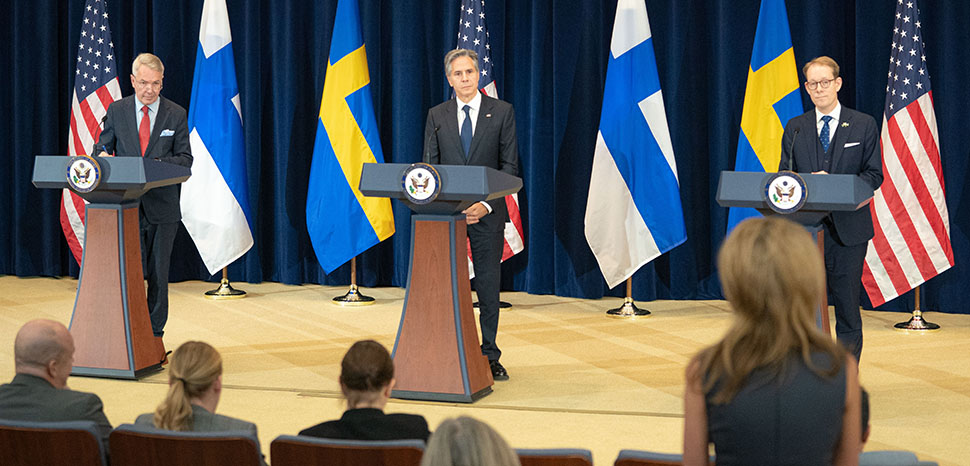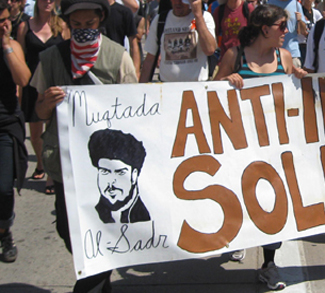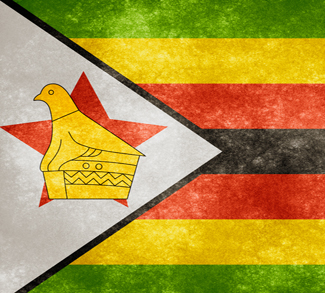On January 23, Turkish Parliament ratified Sweden’s NATO membership after 20 months of negotiations. Sweden is soon to become the 32nd member of NATO, following Finland’s accession in April 2023. The country decided to apply for NATO membership following Russia’s invasion of Ukraine, a decision made in tandem with Finland. This development comes in response to heightened security concerns in northern Europe stemming from Russia’s invasion of Ukraine. The addition of Sweden is expected to substantially strengthen NATO, particularly in the air and sea domains. With a 28% increase in defense spending, Sweden aims to meet NATO’s target of spending 2% of its GDP on defense. Once a member, Sweden will benefit from the collective defense guarantees and strategic capabilities of the alliance.
Turkey’s initial objection to Sweden’s NATO bid can also be seen as a strategic move to gain diplomatic leverage. By withholding its approval, Turkey positioned itself as a key player in NATO’s expansion decision-making process. This move allowed Turkey to negotiate concessions and highlight its importance in NATO, potentially seeking benefits in other areas of interest, such as defense procurement, diplomatic support, or concessions related to its own security concerns. Ankara did so by accusing Sweden of harboring individuals affiliated with groups Turkey considers terrorist organizations, such as the Kurdistan Workers’ Party (PKK) and those linked to the 2016 coup attempt against President Erdogan. The PKK has been in conflict with the Turkish state since 1984 and is designated a terrorist group by Turkey, Sweden, the United States, and the European Union.
Despite Sweden’s efforts to address Turkey’s concerns, including tightening its anti-terrorism laws, some of Ankara’s demands were viewed as particularly difficult to meet, partly due to Sweden’s free speech laws which protect activities like protests, even when they are critical of other countries.
Another dimension to consider is the lifting of arms embargoes. Both Sweden and Finland had imposed arms embargoes on Turkey following its military incursion into Syria in 2019. The NATO accession process provided an opportunity for Turkey to negotiate the lifting of these embargoes, thereby improving its defense procurement options and strengthening its military capabilities. Geopolitical strategy is also influenced by its regional security dynamics, particularly its relations with Russia and its role in conflicts in Syria and Libya. By playing a decisive role in NATO expansion, Turkey aims to maintain a balance in its relationships with both Western allies and Russia, thus preserving its strategic autonomy in regional affairs.
Moreover, Turkey’s stance was influenced by domestic politics, with the NATO membership issue seen as a way for Erdogan to divert attention from Turkey’s internal challenges, namely the ongoing cost-of-living crisis. The timing was also crucial, as Turkey held an election in May. Sweden’s accession into NATO also correlates with Erdogan’s military plans and may have been using the NATO ratification process to negotiate with the United States over issues like the purchase of F-16 fighter jets.
Hungary, the EU, and Sweden
Hungary’s approval of Sweden’s accession to NATO is indicative of a multifaceted interaction of internal political tactics, strategic diplomacy, and wider geopolitical factors. Hungarian Prime Minister Viktor Orbán’s government often follows a foreign policy that directly serves a domestic political agenda, mirroring its narratives. Orbán’s Fidesz Party has crafted a nationalist image of defending national sovereignty against perceived external influences, including those from the European Union and other international organizations. The Hungarian delay in ratifying Sweden’s NATO membership can be seen as a continuation of this strategy, attractive to a domestic audience in that it asserts Hungary’s independent stance in international affairs.
The conflict in Ukraine has heightened tensions between Russia and NATO, placing Hungary in a sensitive position. As a NATO member, Hungary is expected to support the alliance’s collective defense and expansion policies. However, taking a step that might be perceived as hostile towards Russia, such as quickly ratifying Sweden’s NATO membership, risks consequences, particularly given Hungary’s reliance on Russian energy and its desire to maintain cordial bilateral relations.
By delaying the Parliament ratification for Sweden’s membership in NATO, Hungary gains a degree of diplomatic leverage. It positions itself as a significant player in the decision-making process of NATO expansion, potentially extracting concessions or attention to its specific interests and concerns within the alliance or from individual member states, particularly the EU.
Hungary’s foreign policy has often sought a a balance between its Western alliances and a pragmatic relationship with Russia, particularly in energy matters. By not immediately ratifying Sweden’s membership, Hungary could be signaling a degree of diplomatic caution or neutrality, avoiding actions that might be perceived as overly confrontational by Russia amidst the heightened tensions due to the Ukraine conflict. Hungary’s historical experiences, both during the Cold War and in its post-1990 transition, have shaped its cautious approach to regional security dynamics. While committed to NATO, Hungary also understands the complex security environment in Eastern Europe, where actions taken within the alliance can have broader regional implications. Hungary is significantly reliant on Russian energy supplies, particularly natural gas. This dependency places Budapest in a position where it must carefully navigate its foreign policy to avoid threatening these crucial energy imports. The Hungarian government, led by Prime Minister Viktor Orbán, has often emphasized energy security as a key national interest, which influences its diplomatic decisions. This dependence on Russian energy imparts a level of caution in Hungary’s international posture, especially in matters that could potentially strain relations with Moscow.
Hungary’s relationship with the European Union also remains strained due to various issues, including concerns over rule of law, media freedom, and other democratic principles. As such, Hungary might be using the NATO expansion as a bargaining chip in its broader negotiations with the EU, seeking concessions or attempting to mitigate criticism and sanctions from Brussels.
NATO in Scandinavia and Baltics determines relations with Russia
Russia’s reaction to Finland and Sweden joining NATO has been diverse. Dmitri Medvedev, the deputy chairman of Russia’s Security Council, indicated that Russia would respond by strengthening its military forces in the region. He mentioned the potential deployment of significant naval forces in the Gulf of Finland, and the strengthening of ground forces and air defense.
Medvedev stated that there could no longer be any talk of a nuclear-free status for the Baltic region, suggesting a shift in Russia’s military posture in response to NATO expansion. However, it’s important to note that Lithuanian officials have pointed out that Russia already has nuclear weapons in the Baltic region, specifically in its Kaliningrad enclave. Therefore, the Lithuanian Defence Minister views Russia’s threats as somewhat redundant, considering their existing military presence in the area.
The exact nature and extent of Russia’s actions in response to NATO’s expansion are yet to be fully determined. Russia views NATO’s expansion as a direct threat to its national security and has warned of potential escalation in military preparedness and deployment in response. The specifics of these actions are subject to change based on ongoing developments in the geopolitical landscape.
The views expressed in this article belong to the authors alone and do not necessarily reflect those of Geopoliticalmonitor.com.




